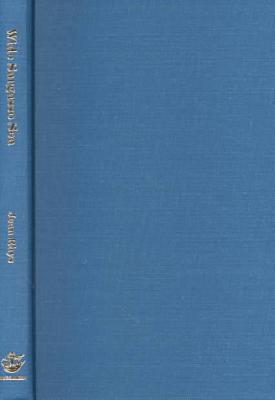

 |

|

The average rating for Wide Sargasso Sea based on 2 reviews is 4 stars.
Review # 1 was written on 2008-12-20 00:00:00 Richard Rogers Richard RogersReader, I married him first. |
Review # 2 was written on 2016-11-09 00:00:00 Wally Majors Wally MajorsBertha Mason is the madwoman in the attic; she is the raving lunatic that is Rochester's first wife in Jane Eyre,but have you ever stopped to wonder what her side of the story is? Have you ever considered that she may have a tale to tell? Jean Rhys has, and she tells it to you in all its traumatic colours. Our crazy lunatic isn't that far from Jane. Bronte describes her as a semi-human, an animal that growls and raves as she stalks the hall of Thornfield like some unidentifiable spectre. But what drove her to this state? What made her this way? Well the simple answer is a man named Rochester. As the second son of a rich family, he needed a means of creating his own wealth. What's the answer to his problem? Marry some rich girl and steal all her money and not worry about the consequences, but there more to it than this. Do you remember that scene in Jane Eyre where Rochester tries to dominate Jane and make her into something else by picking out her clothes? Perhaps Bertha had this but on a more intense scale. Indeed, Bertha isn't even her real name. Rhys names the character Antoinette, a name Rochester refuses to use when he learns of her past. Antoinette has a family history of insanity on the maternal side, but, again there is more to it than this. What creates this insanity? For Antoinette it is the simple of act of belonging nowhere. She is a hybrid, a figure that walks between cultures. As a white European girl she was raised in Jamaica; thus, she is neither fully Jamaican nor European. This sounds very similar to the role of the governess, a figure that belonged to no particular class structure. Neither culture would accept Antoinette as one of their own, as she herself recognises: "It was a song about a white cockroach. That's me. That's what they call all of us who were here before their own people in Africa sold them to the slave traders. And I've heard English woman call us white niggers. So between you I often wonder who I am and where is my country and where do I belong and why was I ever born at all." She is stuck in-between with an uncertain identity, so when this Rochester figure comes along proposing love she is swept away. Could she really be this happy? This man offers her hope and a new life, but it is all a lie. When she finds out it breaks her. The last bastion of refuge shatters and she realises her hate for this false man: she finds yet another place she doesn't belong. Rochester takes his grief stricken wife home, and shoves her in an attic. Then BOOM! He finds himself utterly shocked at the manifestation of her madness. Such a fool. We cannot blame Bronte for her depiction of Bertha. Bronte wrote during the peak of the British Empire; these ideas were imbedded into her cultural psyche: this is how the Victorians saw the world. Bronte was unconsciously aware of this; she even went as far as to apologise at a later date for her depiction of Bertha. She didn't fully consider how it would be received. In her fixation with women's rights in an unjust Western society, she failed to look beyond the realms of the English experience. But that is not to overlook the phenomenal achievements of Jane Eyre. It does wonders for recognising the voice of women; however, Jean Rhys just goes a little bit further. Facebook| Twitter| Insta| Academia |
CAN'T FIND WHAT YOU'RE LOOKING FOR? CLICK HERE!!!